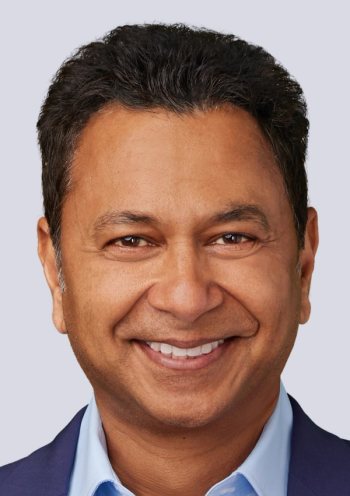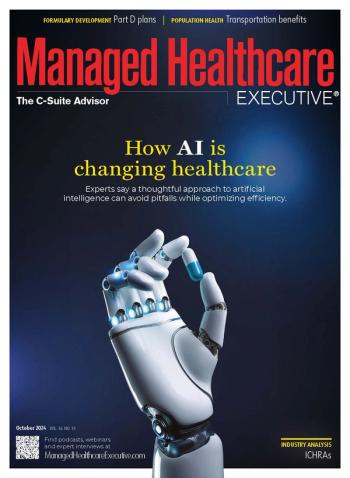
The Top 2 Health Exec Challenges That Dictate Tech Investments
How healthcare execs are prioritizing new technology-and the challenges holding them back.
Health system and hospital decision makers are prioritizing technology investments based on their two top challenges-how to counter declining reimbursement, and how to improve the patient experience.
The
According to the survey, reimbursement is declining as a result of cost inflation outpacing reimbursement, and also reimbursement models are changing to varying degrees, from fee-for-service to outcomes/value based. Not every provider is equipped yet to deliver care profitably under these new models, and in the absence of the right technologies and tools, will struggle under risk-based contracts with health plans. Improving the patient experience is being driven by intensified consumerism, where, just as they experience in other areas of life, patients increasingly seek fast, automated, digitally connected experiences in healthcare, as well. Additionally, keeping patients healthier-which a better experience contributes to-gives hospitals better financial outcomes, too.
The survey also found:
- In 2019, health systems will focus on addressing cost pressures, largely stemming from declining reimbursements, along with improving the patient experience as consumerism continues to intensify.
- Health system executives believe that the keys to reducing costs and improving patient experience include strengthening operational efficiencies, enabling interoperability, increasing visibility into data, and improving patient engagement.
- Health systems are investing in solutions to support financial departments, improve patient engagement, allow interoperability and provide visibility into data across the enterprise.
Related article:
“As managed care executives work closely with providers, it’s important they know what technologies providers plan to invest in and deploy,” says Werner Eberhardt, PhD, global head of healthcare at SAP. “Moreover, survey respondents shared that they believe the greatest impact on improving patient experiences is through data sharing between providers, payers and government and industry. Presumably, this may result in investing in shared technology between managed care and providers, or using application program interfaces to connect their respective systems for easier data sharing.”
Other findings include:
- When asked what will have the greatest impact on reducing costs or increasing revenue, respondents pointed to integration and visibility of clinical and financial data.
- Healthcare systems are shifting their current culture to become patient-centric organizations. In fact, providers believe that modernizing the patient experience aligns with new reimbursement models, where healthy patients mean better financial outcomes.
- More than half of the respondents indicated they will invest in patient engagement technology as a top priority in the next years.
- 68% of respondents stated enterprise resource planning ranks as a “priority” for their organization with almost half (45%) stating it will be a major priority over the next three to five years.
Newsletter
Get the latest industry news, event updates, and more from Managed healthcare Executive.

























